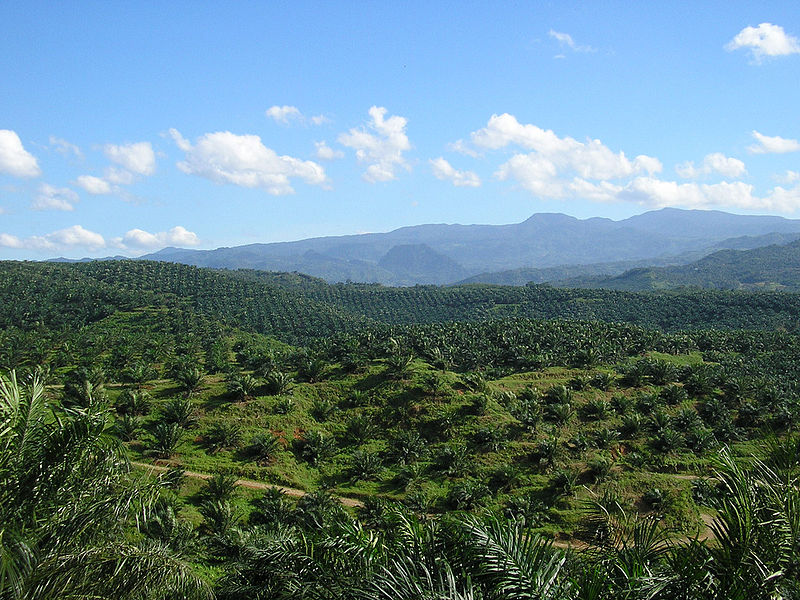Recently I came across an interesting discussion item from CIFOR (Center for International Forestry Research) entitled “Are deforestation-free commodities too good to be true?” which nicely summarises the challenges and opportunities for commodities. Research at CIFOR into deforestation from crops commodity such oil palm and soy with a large ‘forest footprint’ has found that despite many companies making zero deforestation commitments (ZDCs), a number of challenges still exist, including:
- Difficulties in meeting transparency commitments relating to sourcing, suppliers, and independent verification, which can be very difficult and costly to trace back to their roots.
- Over 75% of companies surveyed were focused only on eliminating deforestation directly within their own supply chain rather than on deforestation within their suppliers’ own chains. The perceived large cost of monitoring and tracing all suppliers and a lack of incentives are reasons often given by big companies for not seeking to eliminate deforestation entirely.
- Another big issue identified was the lack of consideration of the knock-on effects of companies demanding commodities grown in non-deforested land only. Indirect effects of this include displacement of farmers leading to land-use change elsewhere. Another knock-on effect is suppliers selling off forested land in the case where commodity companies will no longer buy from deforested land, leading to the possibility of land-use change by the buyer of the forested land. An additional knock-on effect rarely given much attention is that companies demanding more strict production standards could put smallholders out of business.
Despite these challenges, regions and countries growing commodities that are focusing on promoting sustainable land-use planning are already seeing economic benefits, such as oil palm growing regions in Indonesia. This is because big companies with ZDCs want to work with regions that can demonstrate sustainability since it reduces their verification and tracing costs.
Link to article:
https://forestsnews.cifor.org/56466/are-deforestation-free-commodities-too-good-to-be-true?fnl=en

